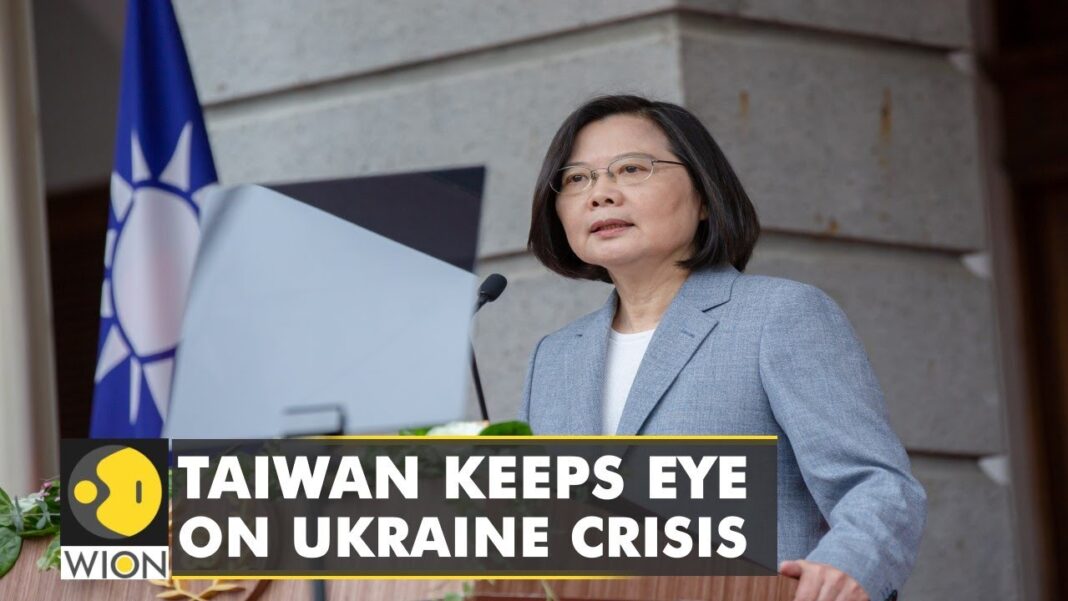
Elon Musk has said he believes Europe should restart its dormant nuclear power stations and boost production in those that are operational as experts fear that Russia’s invasion of Ukraine could create a shortage of gas across the continent.
Taking to Twitter on Sunday, the Tesla CEO said that “nuclear is vastly better” for global warming than burning hydrocarbons, also known as fossil fuels, for energy.
According to the U.S. Office of Nuclear Energy, nuclear is a zero-emission clean energy source and the second-largest source of low-carbon electricity in the world behind hydropower.
“Hopefully, it is now extremely obvious that Europe should restart dormant nuclear power stations and increase power output of existing ones. This is *critical* to national and international security,” Musk wrote, adding that fears of radiation from nuclear power stations are inflated.
“For those who (mistakenly) think this is a radiation risk, pick what you think is the worst location. I will travel there & eat locally grown food on TV. I did this in Japan many years ago, shortly after Fukushima. Radiation risk is much, much lower than most people believe,” Musk continued.
Russia’s invasion of Ukraine has led to oil prices soaring to new highs in the UK and the EU, threatening to further push up heating bills for millions of households.
According to the International Energy Agency, Europe and the United Kingdom have increased their reliance on Russian gas supplies over the last decade, with the country supplying roughly one-third of Europe’s gas demand.
Meanwhile, nuclear power plants across Europe have been steadily closing down, despite the fact that the EU depends on nuclear power for one-quarter of its electricity, according to the World Nuclear Association.
Bloomberg, citing a compilation of data from the International Atomic Energy Agency and the World Nuclear Industry Status Report, reported that Europe is on track to house over 100 shutdown nuclear reactors by the end of this year.
The declining number of power plants comes as European nations reevaluate their relationship with nuclear energy in the wake of the Fukushima meltdown and a move toward more environmentally-friendly energy sources.






